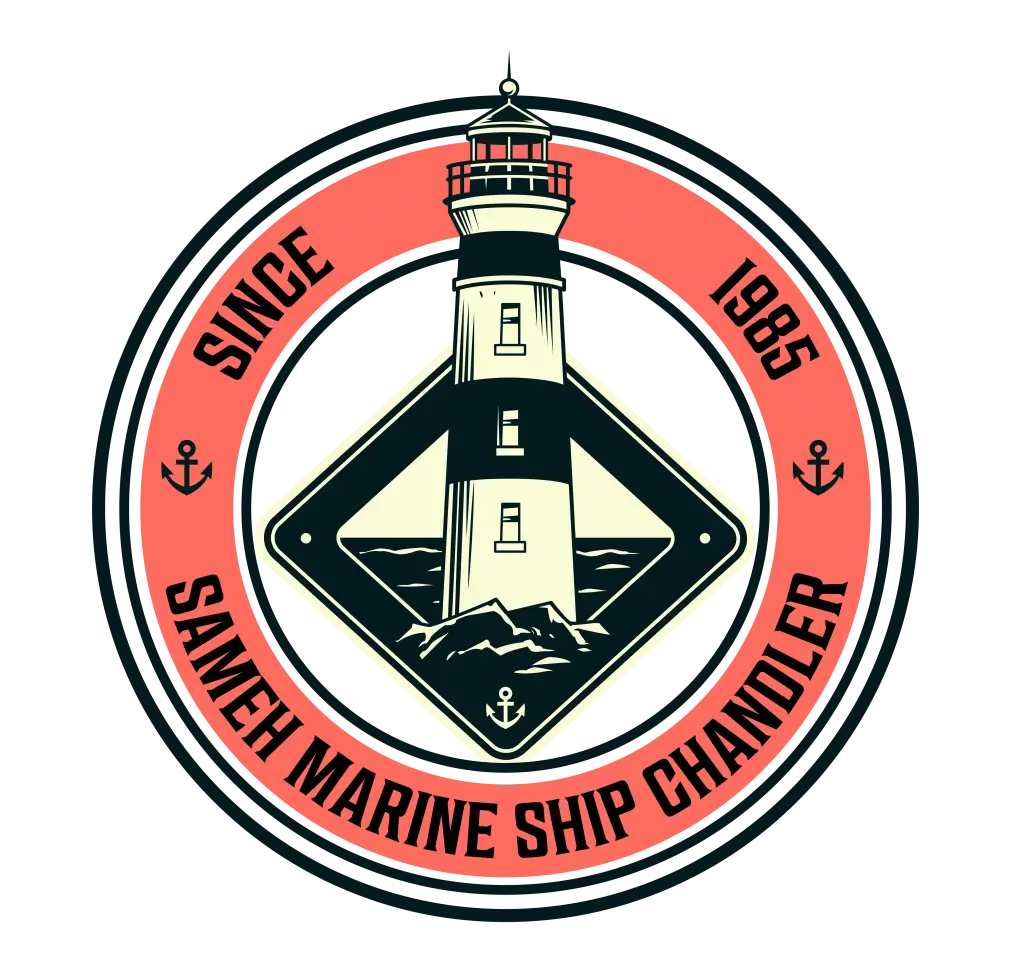Egypt, a historic maritime crossroads for the golden age, boasts a network of developing ports that fuel global trade. From the massive container ships traveling across the Suez Canal to the sleek pleasure boats gracing the Red Sea, a constant hum of activity defines these vital waterways. But beyond the movement of cargo and fuel, a necessary element keeps these majestic vessels running smoothly: ship provisions. From the operating port of Alexandria to the strategic Suez Canal, ensuring a smooth and efficient provisioning process is essential for any captain.
This comprehensive guide equips you with all the essential information to handling the world of ship provisions and suppliers across Egyptian ports.
Your Ship’s Provisions: A Well-Stocked Arsenal
Think of ship provisions as the lifeblood of your journey. They encompass a different range of supplies to keep your vessel operational and your crew well-maintained:
Fresh Provisions:
The essentials of crew well-being and fresh provisions include meat (beef, poultry, lamb), seafood (fish, shellfish), fruits, vegetables, and dairy products (milk, cheese, eggs). Maintaining a well-stocked supply ensures a healthy and happy crew, crucial for maintaining morale and productivity during long voyages. Factors like storage capacity and journey duration will influence the types and quantities of fresh provisions required.
Dry Provisions:
Grains (rice, wheat), pasta, flour, canned goods (vegetables, fruits, meats), and beverages (coffee, tea, juices) form the backbone of dry provisions. These staples provide long-term food for the crew and ensure a well-stocked pantry. Dry provisions often have a longer shelf life, allowing for bulk purchases and cost savings.
Cabin Stores:
Keeping the crew comfortable and maintaining cleanliness is vital for a successful voyage. Cabin stores include essential toiletries (soap, shampoo, toothpaste), cleaning supplies (detergents, disinfectants), and paper products (toilet paper, paper towels).
Deck Stores:
Safety and functionality are outstanding at sea. Deck stores encircle ropes (mooring lines, towing lines), paint (for maintenance and repairs), tools (wrenches, hammers, screwdrivers, marine wire rope), and safety equipment (life jackets, fire extinguishers, first-aid kits) and other Marine Safety Equipment to maintain the ship’s exterior, ensure crew preparation for any situation, and comply with maritime safety regulations.
Engine Stores:
The heart of the vessel needs its own set of supplies. Engine stores include spare parts (filters, belts, gaskets) specific to the ship’s engine model, lubricants (oils, greases) for smooth operation, and cleaning products to maintain engine cleanliness and efficiency.
Bonded Stores:
Under specific regulations and customs clearances, some ships may require bonded stores, which include tobacco and alcohol. Strict guidelines govern the quantities and storage of these items onboard.
Provisioning by Port: Knowing Where to Find What You Need
Egypt’s different ports offer a range of provisioning options, each catering to specific needs. Here’s a detailed breakdown to help you plan your provisioning strategy:
Provision Suez Canal :
High traffic volume translates to a vast selection of well-established suppliers offering competitive prices and efficient delivery for all your provisioning needs. Due to the fast-paced environment, many suppliers specialize in provisions Suez Canal.
Provision Port Said:
Strategically positioned at the northern entrance of the Suez Canal, Port Said boasts various suppliers offering a complete range of provisions port said, fresh water, and bunker fuel. This port serves as a convenient one-stop shop for many vessels transiting the canal.
Provision Damietta:
A rising star on the Nile Delta, Damietta offers a growing selection of ship chandlers with provisions, deck stores, and even waste disposal services. While the range of options might not be as extensive as larger ports, Damietta can be a good choice for vessels seeking a cost-effective option.
Provision Suez:
An industrial hub, Suez provides a good selection of suppliers for technical stores and spare parts alongside provisions. This port caters well to vessels requiring specific engine parts or repairs.
Provision Safaga:
Catering primarily to tourism and entertaining vessels, Safaga may have slightly limited provisioning options compared to larger commercial ports. Planning and stocking up at a previous port is recommended, especially for fresh provisions.
Provision Ras Gharib:
Mainly an oil terminal, Ras Gharib may have fewer provisioning options. Vessels calling at this port should plan their provisioning strategy accordingly and consider alternative ports for restocking supplies.
Read Also Nutrition at Sea: Customizable meal plans for maritime personnel
Provision Alexandria:
Egypt’s second-largest city and a major port, Alexandria offers the most comprehensive provisioning options. Here, you’ll find a vast selection of well-established ship chandlers catering to every need, from fresh produce and international brands to a wide variety of technical stores and spare parts. Alexandria is a good choice for vessels requiring a complete restock or those with specific nutritional requirements for the crew.
Finding the Right Supplier: Your Partner in Smooth Sailing
With a wide range of suppliers across Egyptian ports, choosing the right one is essential for a smooth and efficient provisioning process. Here are some tips to navigate the options:
Online Directories:
Platforms like Sameh Marine, a reputable supplier across Egyptian ports, allow you to compare offerings and pricing. These directories often include contact information and certifications held by the suppliers.
Shipping Agencies:
Advantage the expertise of established shipping agencies with experience in Egyptian ports. They can provide personalized recommendations based on your specific needs and the port you’ll be calling at.
Supplier Reputation:
Research the reputation of potential suppliers online or through industry contacts. Look for companies with a proven track record of reliable service, high-quality products, and competitive pricing.
Certifications:
Consider certifications like ISO (International Organization for Standardization) as an indicator of a supplier’s commitment to quality assurance and adherence to international standards.
Conclusion:
By understanding your ship’s provisioning needs, familiarizing yourself with the offerings of different Egyptian ports, and following these best practices, you can ensure a smooth and efficient provisioning process for your vessel at any Egyptian port. Remember, a well-provisioned ship is a well-prepared ship, ready to handle the waters with confidence and ensure the well-being of your crew throughout the journey.
